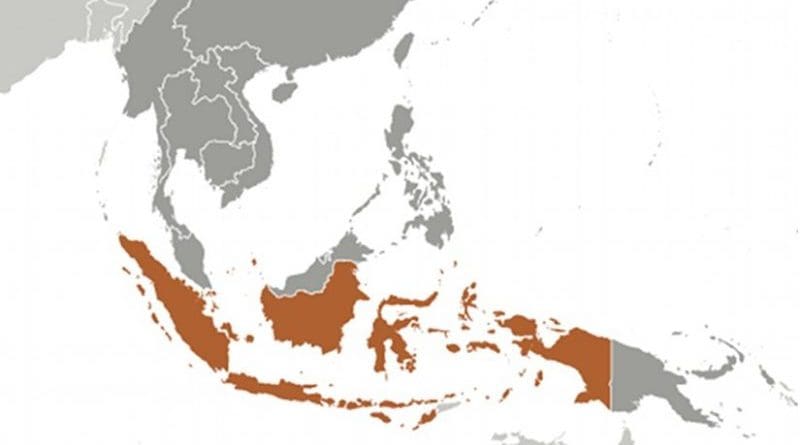Indonesia To Re-Educate Members Of Pro-Caliphate Group
By UCA News
The Indonesian government says it intends to re-educate members of a recently dissolved hard-line Muslim group that wants to turn the country into a caliphate.
Soedarmo, director-general of politics and public administration at the Ministry of Home Affairs, said something need to be done to de-radicalize the former members of the disbanded Hizbut Tahrir Indonesia (HTI), group.
“They will be coached into re-recognizing Pancasila as the ideology and the basis of the state,” he said.
The government wants to avoid the possibility that HTI members will form a similar organization.
“Without any supervision, they may form a new group. This should not happen,” Soedarmo said.
HTI has long courted controversy, especially with regard to their aim of making Indonesia an Islamic state.
The London-based group with an estimated 40,000 members was also at the forefront of sectarian rallies against the now jailed Jakarta Christian Governor Basuki Tjahaja Purnama that now in jail for blasphemy.
The government officially disbanded the group on July 19. The group has since lodged an appeal in the Supreme Court.
Soedarmo said the government would invite various experts including scholars, and religious leaders to take part in the reformation of the hard-line group’s members.
HTI spokesperson Ismail Yusanto refused to comment on the government move.
Ismail Hasani, a researcher at the Setara Institute for Democracy and Peace rights group warned the government against discriminating against HTI members.
“Although it [re-education] can be understood as a government effort to suppress the dissemination of sectarian ideologies, this could lead to discrimination and persecution,” he said.

